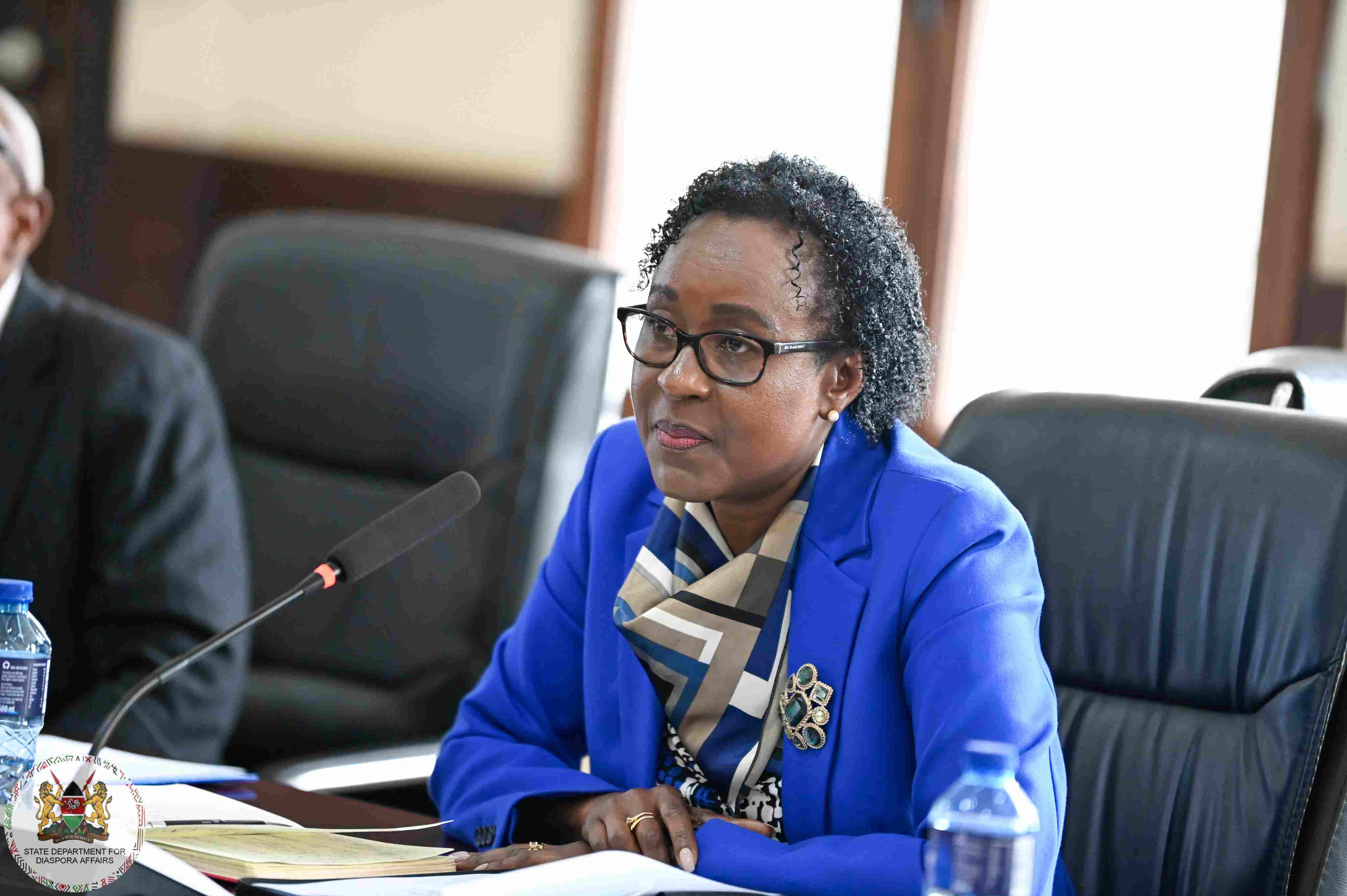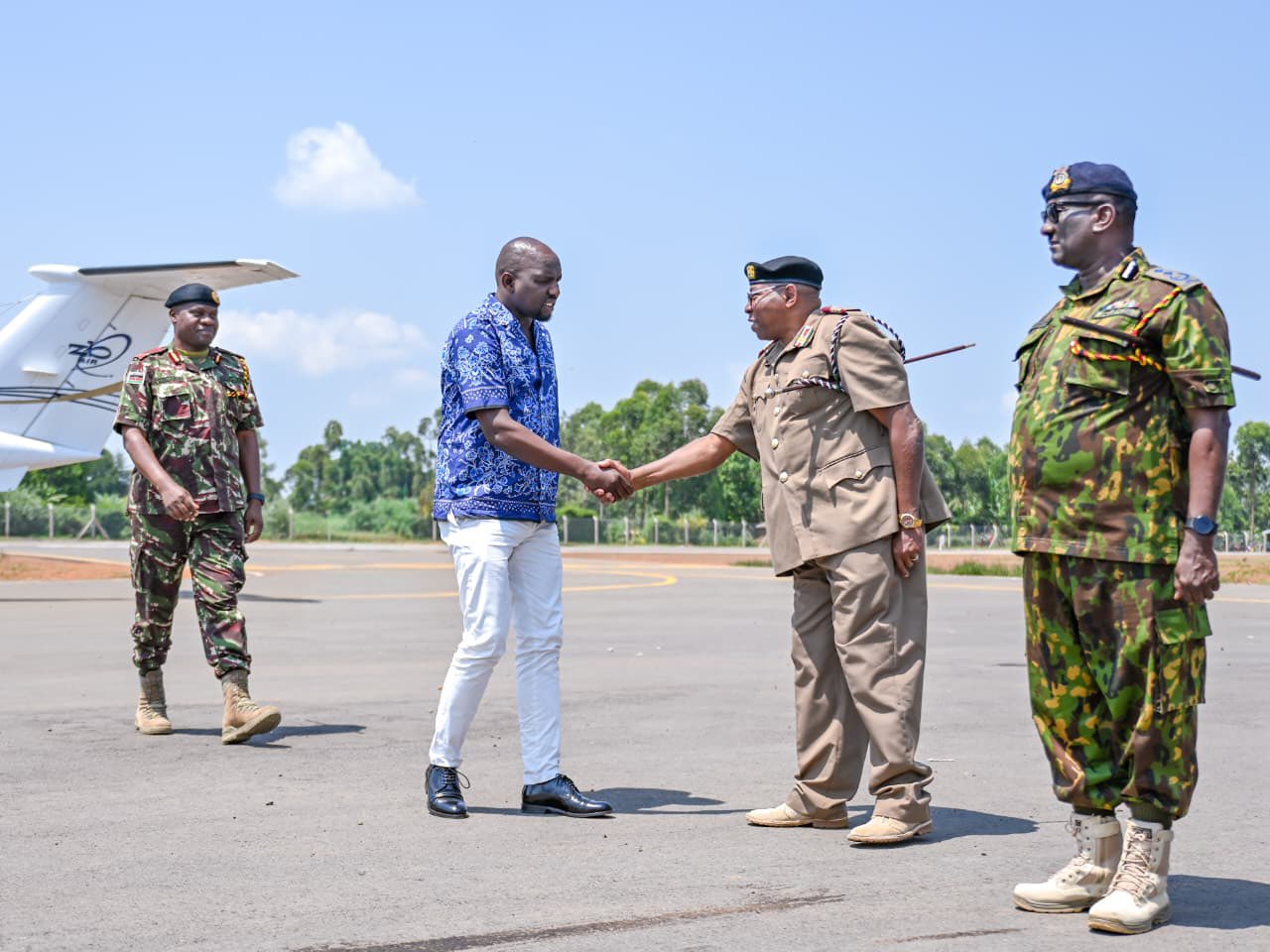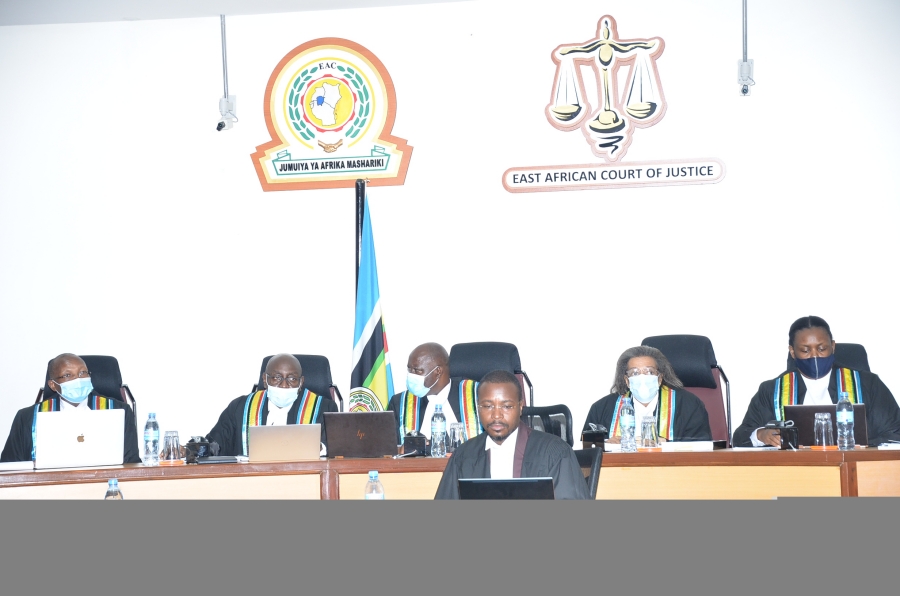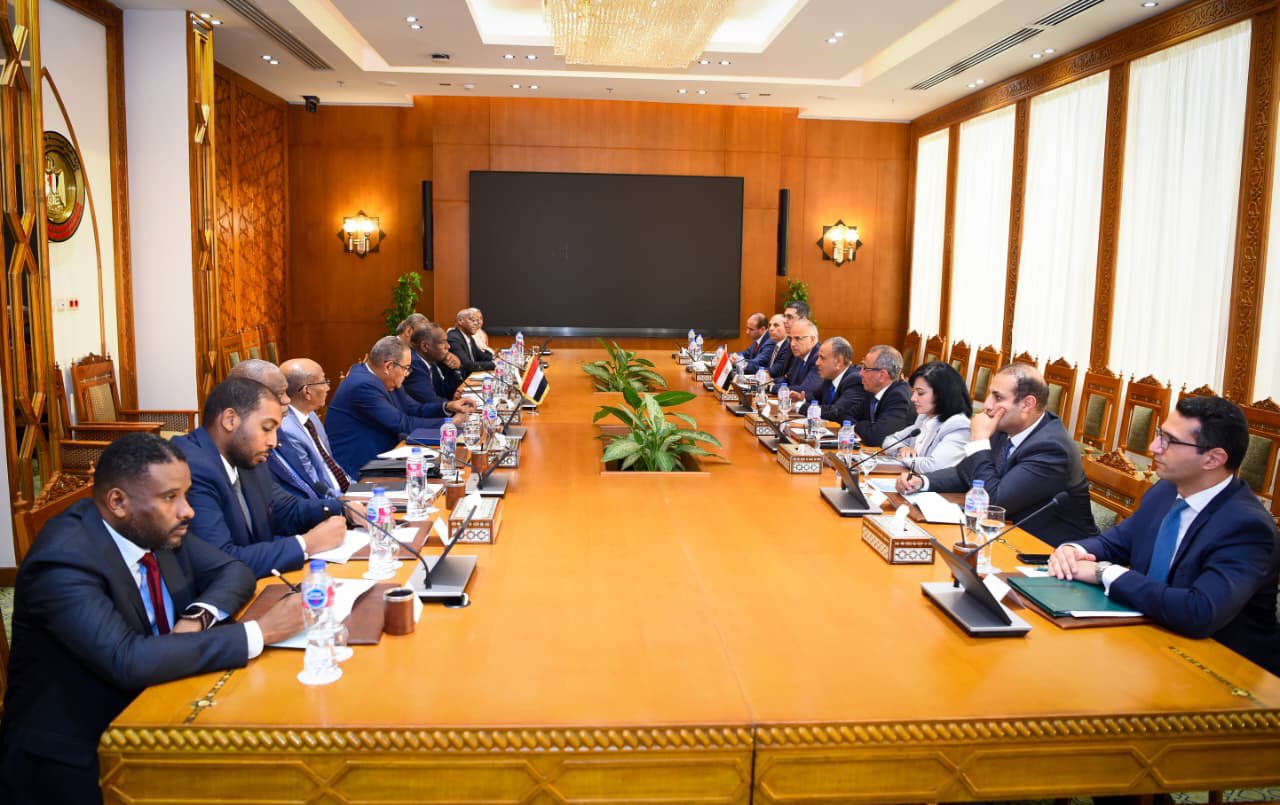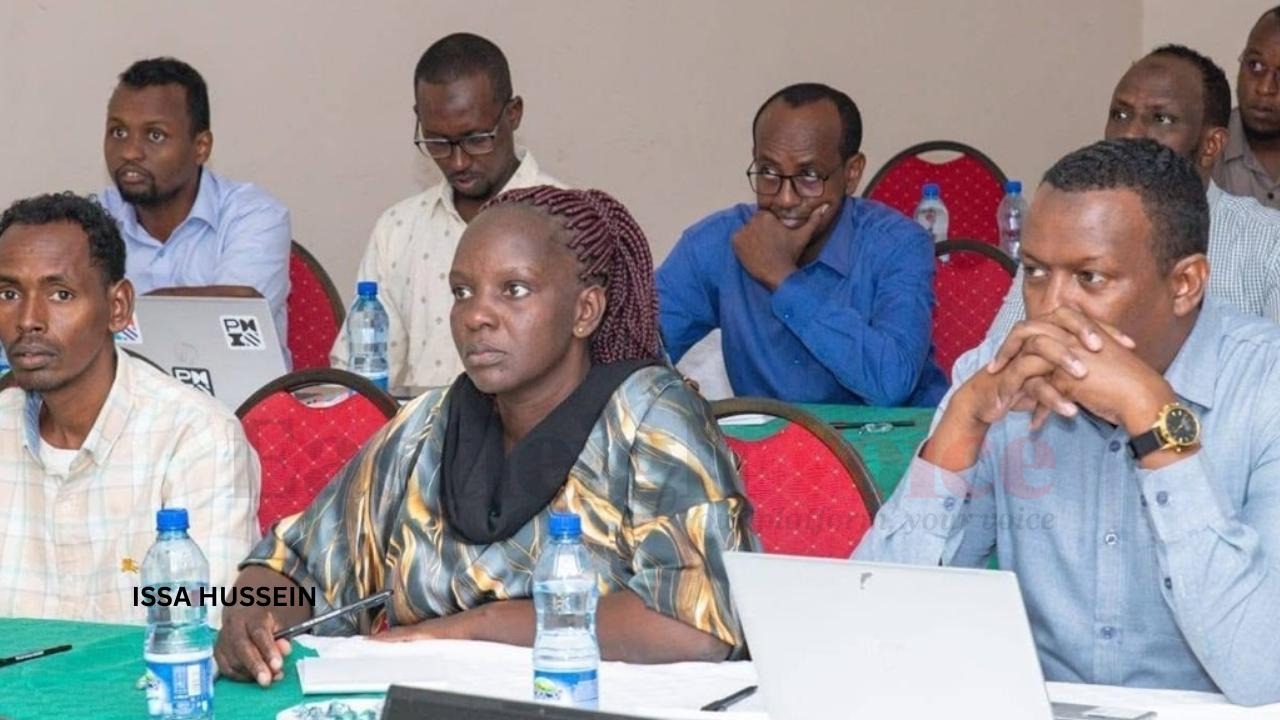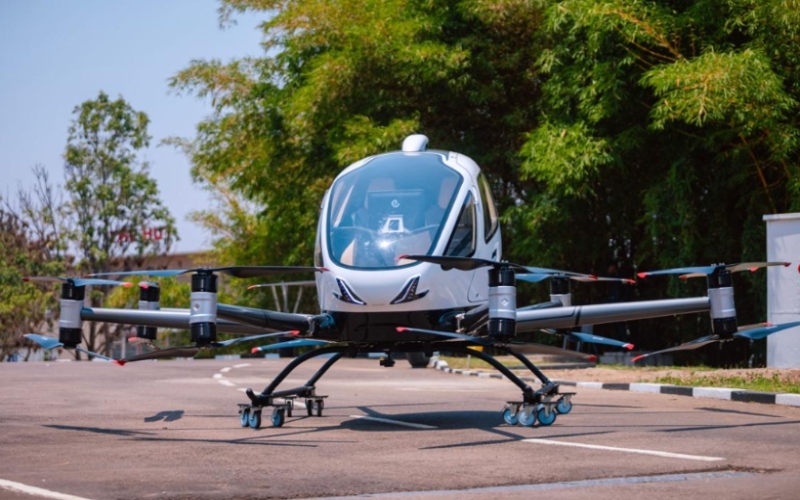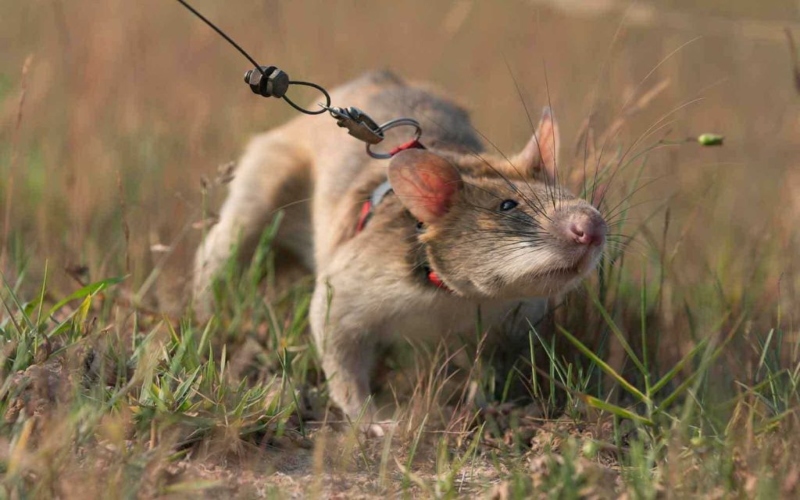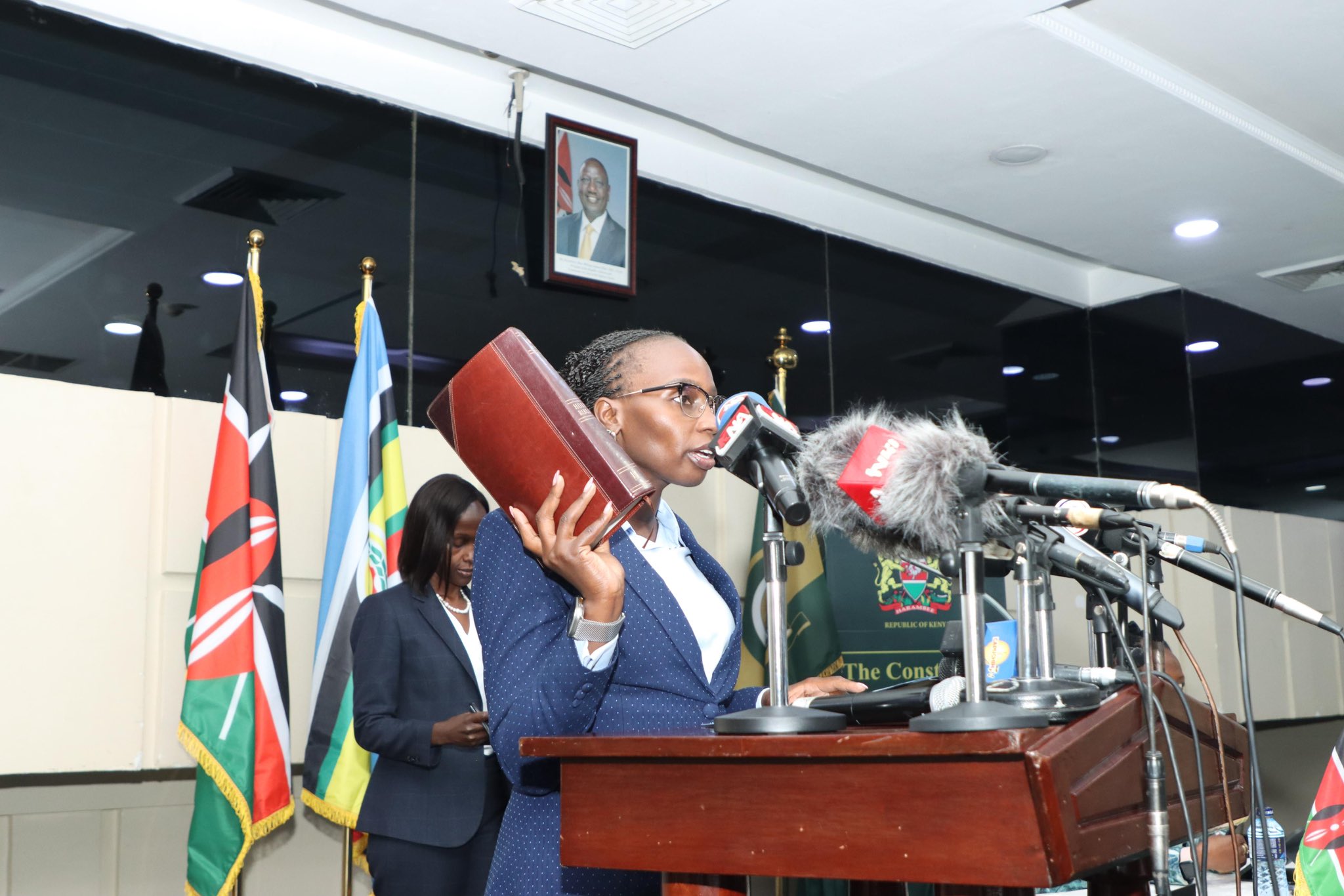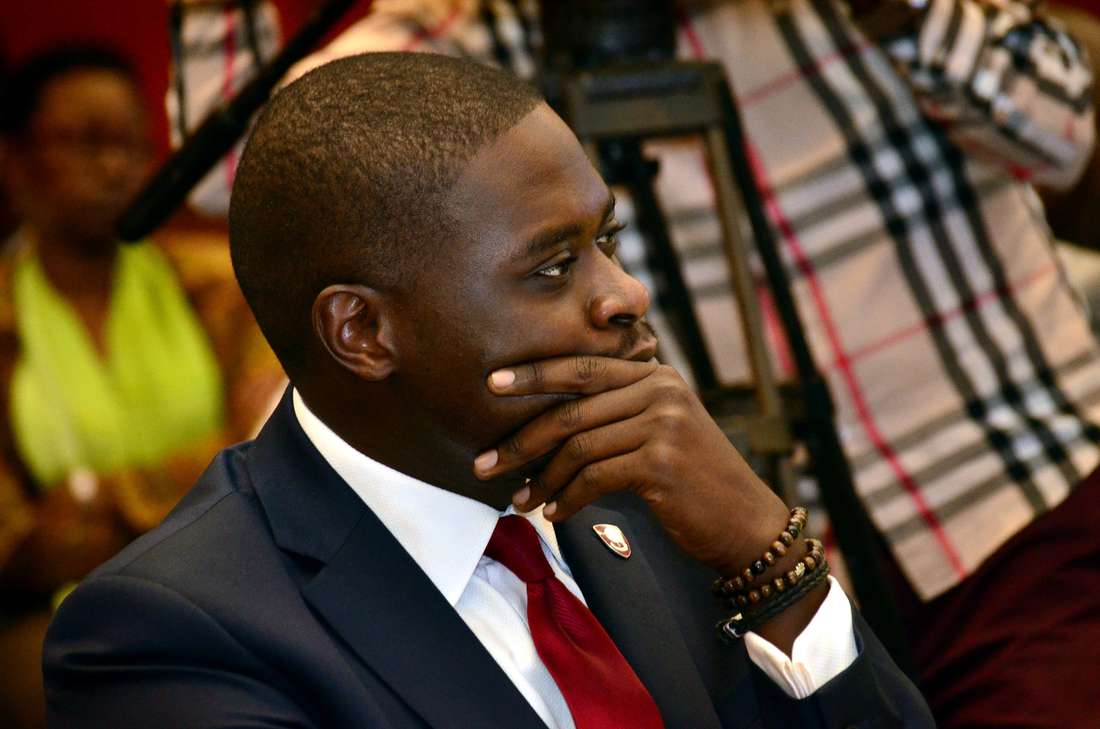Four Ukrainians captured after Somali chopper crash: Kyiv
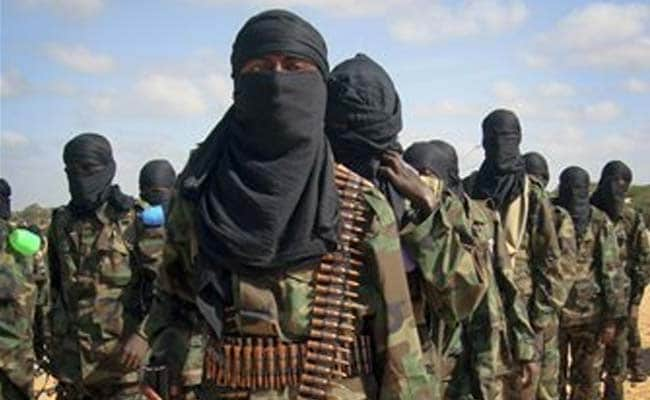
The chopper went down Wednesday with nine people aboard about 70 kilometres south-east of Dhusamareb.
Four of the hostages seized by Al-Shabaab militants after a UN helicopter made an emergency landing in Somalia are Ukrainian, Kyiv confirmed Friday.
The helicopter belonged to a private Ukrainian company and was carrying out a transport mission for the United Nations, foreign ministry spokesman Oleh Nikolenko wrote on his Facebook page.
More To Read
- Sudan accuses UAE of using Puntland as arms pipeline for RSF fighters
- Maraga urges President Ruto to order withdrawal of Jubaland forces from Mandera
- Somalia adds Northeastern State to federal map despite Somaliland objections
- Egyptian military delegation in Mogadishu as Cairo prepares troop deployment to Somalia
- Somalia rolls out new e-Visa system to ease travel, boost security
- Former Somalia police chief Zakia Hussen appointed AU senior policing adviser
The chopper went down Wednesday with nine people aboard about 70 kilometres south-east of Dhusamareb, the capital of Galmudug state, according to an internal UN memo seen by AFP, in an area controlled by the Islamist militants.
"The Ministry of Foreign Affairs of Ukraine confirms the capture of four Ukrainians on the territory of Somalia, controlled by anti-government forces," Nikolenko wrote.
"Our citizens were members of the helicopter crew of the United Nations Mission in Somalia that crashed," he said.
He said five "foreigners" were also on board.
The UN memo said six passengers were taken prisoner, another is believed to have been killed, and two escaped, without providing information on their nationalities.
Al-Shabaab has been fighting for 16 years against the federal Somali government, which is backed by the international community. They have been considered a terrorist group by the United States since 2008.
While expelled from the main population centres, they remain well implanted in vast rural zones of the centre and south of the country, from where they regularly carry out attacks against political and civilian targets.
Top Stories Today

